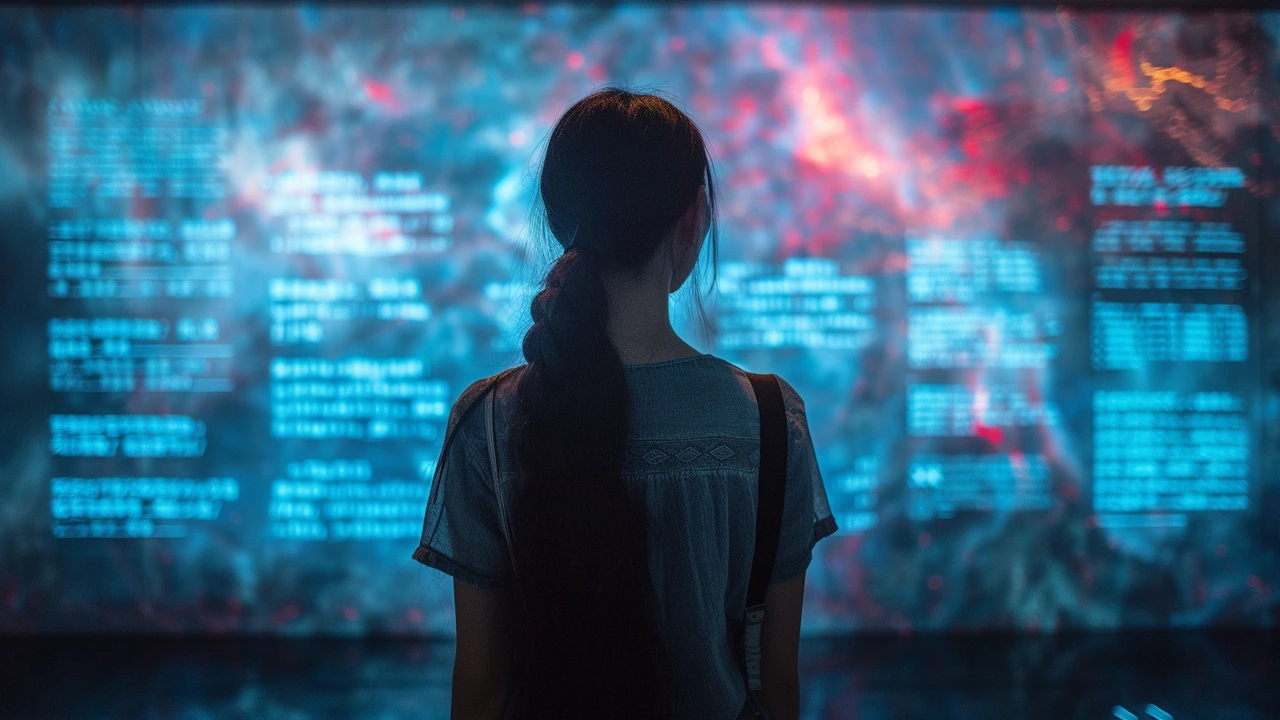
The Challenge of Modern Propaganda
In today's information-saturated world, propaganda has evolved beyond simple posters and broadcasts, infiltrating every corner of the digital landscape. The challenge has never been just about the volume of information but the sophistication of techniques used to distort truth for various agendas. From deep fakes to algorithmically tailored stories, the very reality seems malleable, creating a pressing need for effective tools to combat misinformation.
Decoding Artificial Intelligence: The Basics
Before diving into how AI can combat propaganda, it's critical to understand the basics of what AI, specifically ChatGPT, entails. ChatGPT is a variant of powerful language models that process and generate human-like text based on the input they receive. This technology relies heavily on vast databases and sophisticated algorithms to understand context, subtlety, and the nuances of human language, positioning itself as uniquely capable of identifying discrepancies in content that might indicate manipulative intent.
ChatGPT's Role in Identifying Propaganda
ChatGPT's application in detecting propaganda marks a novel approach in the digital age. By analyzing patterns, inconsistencies, and the emotional charge in texts, ChatGPT can help identify potential propaganda. This capability is not just about filtering out fake news. It's about enhancing media literacy, enabling users to approach information critically and with a discerning eye. The AI's ability to parse through vast amounts of data and recognize subtle signs of manipulation offers a beacon of hope for those advocating for truth in media.
Training AI for a Smarter Detection
The effectiveness of ChatGPT in propaganda detection hinges on its training. Machine learning models, such as ChatGPT, learn from vast datasets which are annotated to indicate what constitutes manipulative content. This process is not without challenges. Biases in training data can skew AI's understanding of propaganda, leading to incorrect assumptions about what constitutes misinformation. Therefore, meticulous curation of training sets, coupled with ongoing calibrations, is imperative to ensure AI's effectiveness in discerning falsities from truth.
Limitations and Ethical Considerations
As promising as ChatGPT's capabilities are, it's essential to recognize the limitations and ethical dilemmas this technology presents. AI, by its nature, is devoid of human understanding and empathy, which can be critical in some contexts of propaganda detection. Additionally, there's the risk of overreliance on technology to dictate truth, potentially stifling critical thinking and inquiry among the public. Thus, while AI can significantly aid in the detection of propaganda, it should complement, not replace, human vigilance and discernment.
Future Prospects and the Path Forward
The integration of AI like ChatGPT in propaganda detection offers a glimpse into an optimistic future where technology empowers individuals rather than misleads them. The evolution of these technologies promises more sophisticated tools for media literacy, making it increasingly challenging for propagandists to manipulate public opinion unchecked. However, the path forward requires not only technological advancements but also a commitment to ethical AI development, ensuring that the digital defenders of truth remain unbiased, effective, and accessible to all.